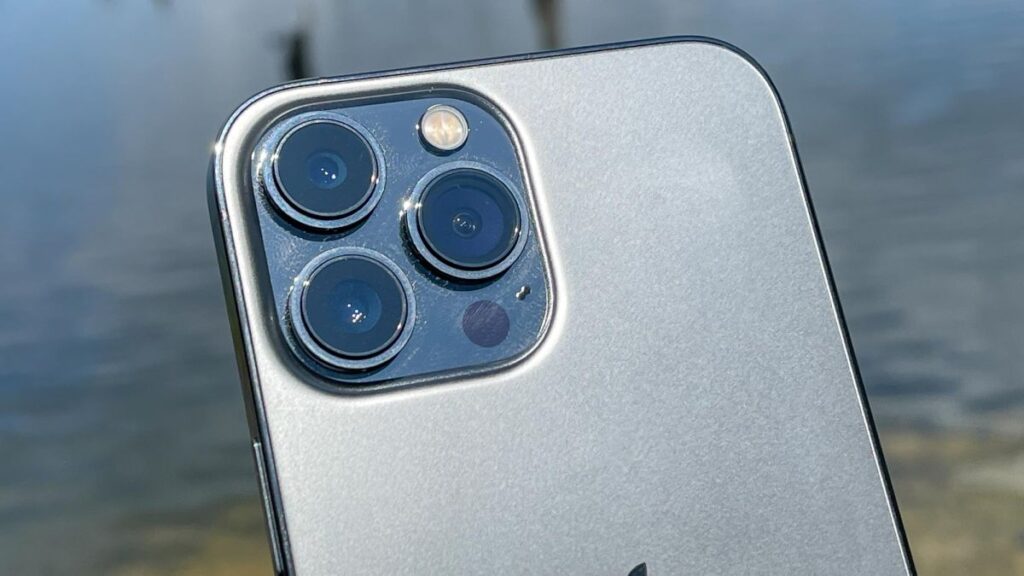Can your smartphone replace a camera?

his is the shocking argument of all smartphone manufacturers. To afford the latest of their model is to equip yourself with a camera worthy of the best SLRs. But what is it really? And can we really expect the same results as with a high-end camera? Follow the guide, we offer you something to compare the two pieces of equipment.
Contents of the guide
The camera embedded in his mobile phone
The reflex, a summary of quality
The comparison between the camera and the smartphone
The smartphone and the camera, two complementary tools
The camera embedded in his mobile phone
Continually in the pocket, the smartphone allows you to quickly and very often photograph everything around you. It’s the perfect tool for capturing a fleeting moment or photographing an object or moment you want to remember later . But if we use it on a daily basis, it is rare that the quality of the photo is really the goal. It is rather here to communicate or freeze a memory quickly and well.
The reflex, a summary of quality
Unlike the smartphone, the SLR did not come out all the time. We use it less (except maybe on vacation or travel), but it is often triggered for a larger number of photos. It allows you to focus on the quality of the images, including in difficult conditions (low light, strong sunlight, backlight, etc.), and allows you to take more technical shots such as when using macro or wide-angle for example, which is inaccessible with a smartphone sensor.
The comparison between the camera and the smartphone
If the two devices seem complementary, the manufacturers nevertheless assure that the photo sensors of smartphones can now compete with real cameras. However, even the most high-end phones show their limits: The size of the sensors necessarily affects the quality of the shot. Because the smaller the latter, the more the image risks being degraded in bright light conditions. Unfortunately, for the phone to remain compact, this sensor must also remain small. A constraint which therefore directly impacts its ability to compete with cameras. Another obvious limitation of the smartphone is its lack of a setting interface.On a DSLR or on a quality camera, each setting can be modified and managed manually. On the contrary, this is almost never the case for a smartphone that works automatically. Finally, smartphone cameras are never equipped with a diaphragm and therefore always work with a maximum aperture . Box: autofocus, the tool which can save the smartphone On high-end models of smartphones, the present autofocus provides more functionality and compensates for the small size of the photo sensors. What improve the quality of images in high and low light.
The smartphone and the camera, two complementary tools
In normal lighting conditions, the smartphone’s photo sensor is quite sufficient to immortalize the moment. This therefore makes it possible to accompany the user on a daily basis and avoid him having to draw his SLR all the time. But during important events or in more difficult conditions, it quickly shows its limits. Of equivalent quality to a mid-range camera, that of the smartphone easily replaces a compact camera for example. But to take more technical shots, enjoy enlargements or simply work in more difficult conditions, it cannot replace a real camera.








Very interesting points you have observed, regards for posting.Raise blog range